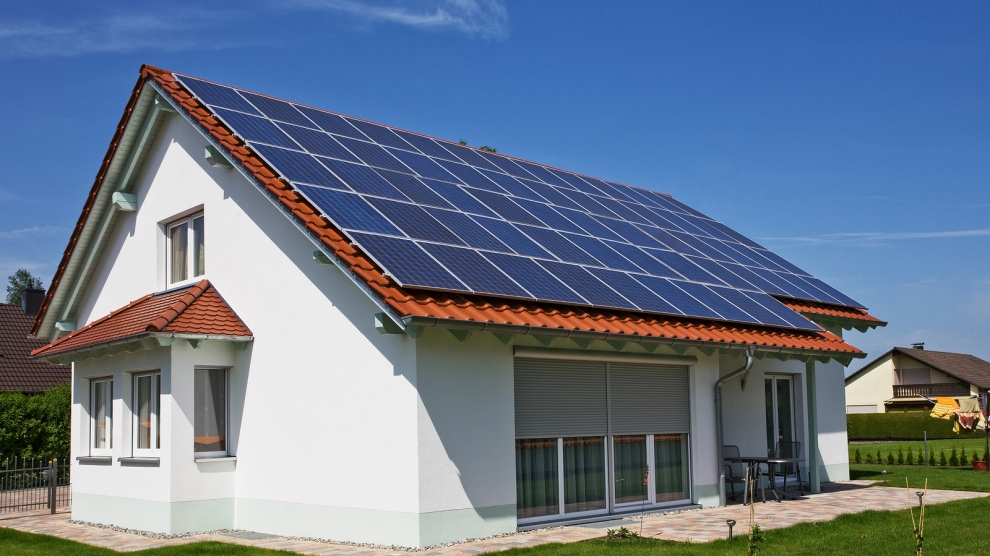The European Bank for Reconstruction and Development (EBRD) is providing a loan of up to 600 million dinars (around 5.1 million euros) to UniCredit, the second-largest bank in Serbia, to enhance its financing of the green economy.
The loan is part of the EBRD’s 85 million-euro Green Economy Financing Facility for the Western Balkans, implemented in partnership with the Secretariat of the Energy Community. The initiative is designed to help local households, housing associations and service providers invest in energy efficiency measures and renewable energy projects.
Zsuzsanna Hargitai, EBRD director for the Western Balkans, commented: “We are pleased to further our cooperation with our long-standing partner, UniCredit, by offering a green financing line. Not only will it help Serbian families cut energy bills and reduce emissions, but it is also our first project with UniCredit which will provide loans in local currency.”
Feza Tan, CEO of UniCredit Bank Serbia, added: “We are very proud that UniCredit Bank has been recognised as a reliable partner for energy efficiency projects thanks to our widespread expertise. We are well aware of the importance of the green economy and thus we are happy to be entrusted by the EBRD to further promote environmental protection in Serbia. Loans that we will be able to offer to our clients will not only save their money but also provide a brighter and healthier future for us and future generations.“
Incentives and technical cooperation in support of green technology investments will be provided by the European Union, the Austrian Federal Ministry of Finance and the European Western Balkans Joint Fund under the Western Balkans Investment Framework.
The funds will be on-lent for investments in high-performance energy efficiency technologies, materials and solutions in residential buildings, for example to replace windows or doors, retrofit façades, procure heating equipment or thermal insulation material, photovoltaic panels, heat pumps, and other measures. The goal is to reduce energy intensity and improve energy efficiency in accordance with the EBRD’s Green Economy Transition (GET) approach. With these investments households will not only become more energy efficient but will also decrease their greenhouse gas emissions, reducing their impact on the environment.






Add Comment